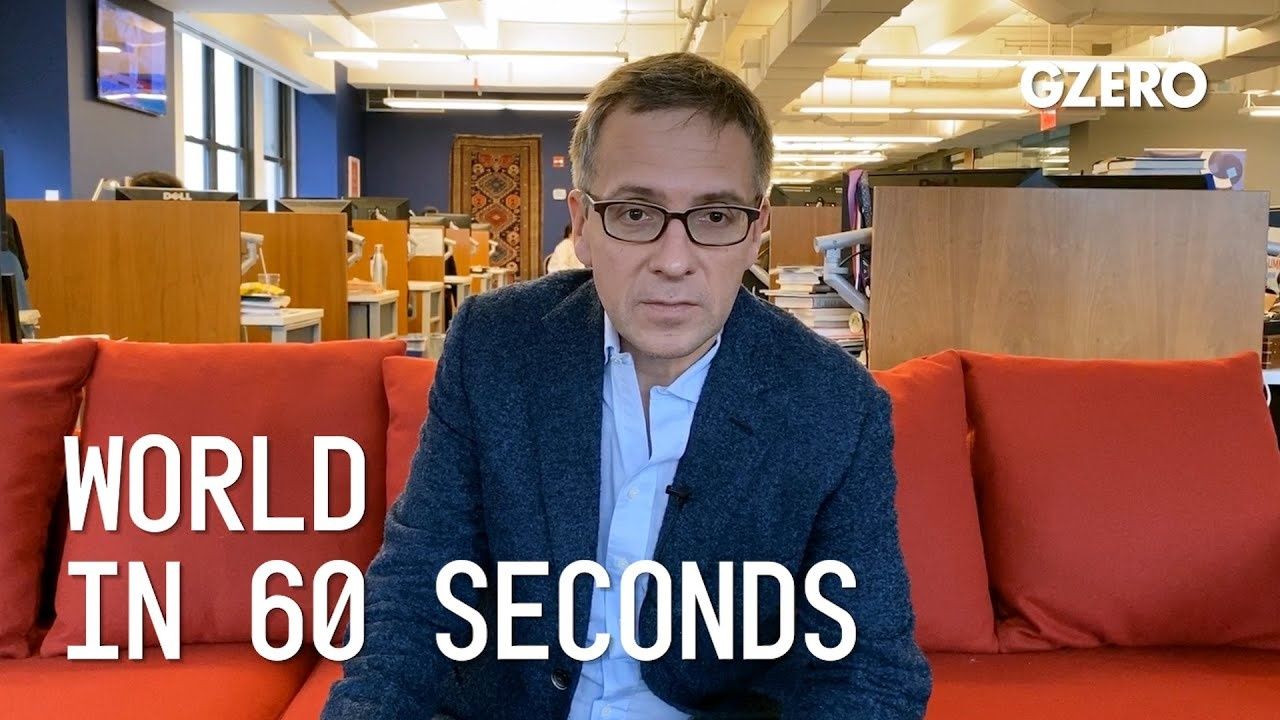ask ian
Iran's Qassim Suleimani assassinated! Ian Bremmer discusses

Iran's Qassim Suleimani assassinated! Ian Bremmer discusses | World in :60 | GZERO Media

Who was Qassem Soleimani and why did the US target him?
Well, he's the most important military leader in Iran. The architect of their proxy warfare and terrorist network across the region, which made him one of most important antagonists of the United States. He specifically was targeted because of his involvement in ordering attacks against an American base in Iraq, led to the injury of US soldiers and the killing of one US military contractor. The fact that he was killed is a major escalation in the confrontation between the US and Iran that has been going on really since the US withdrew from the Iranian nuclear deal.
How will Iran respond and what does this mean for Trump?
Well, I mean, Iran has said that they're going to respond in kind, but in kind would mean that the Iranians were going to attack you know, Secretary of Defense Esper, or Pompeo, or Pence, and they're not going to do that because that that would basically lead to the end of the Iranian regime. They're aware of the power asymmetries and what the United States has done to Iran and what they would. They will need to escalate. And that escalation probably involves targets of American facilities inside Iraq. But the problem is that it also means that Iranian proxies who had been controlled by this guy, Soleimani, aren't anymore. And so, their level of autonomy which always mattered, will suddenly become greatest. The potential for accidents is really real. Look, I do not believe the US is today at war with Iran, but the potential for this to escalate in a meaningful way has, of course, gotten a lot higher. Final point here is I'd say Trump is not wagging the dog. If Trump had been looking for an excuse to go to war against Iran, he had ample numbers of them with the big drones that have been taken down, with the tankers that have been bombed and have been captured, and especially when they hit Saudi Arabia's major oil facility, took 50 percent of Saudi oil off the markets. But for Trump and his administration, attacking Americans and the US Embassy in Baghdad were red lines that led to this behavior, certainly created more deterrence, certainly created more understanding from Iran of what they can and can't do without the Americans responding. Hopefully that's a bit of a silver lining in what otherwise is a very dangerous environment in Middle East.
41.5%: The proportion of Havana’s garbage trucks that were operational this month, according to state-run media, as Cuba’s fuel crisis prompts a garbage crisis.
Sovereignty has become one of the most powerful, and least defined, words in tech policy. At the 2026 Munich Security Conference, SAP global head of government affairs, Wolfgang Dierker, explains why governments and enterprise customers are demanding more control over their data, cloud infrastructure, and AI systems amid rising geopolitical uncertainty.
On the sidelines of the 2026 Munich Security Conference, Annemarie Hou, Executive Director of the United Nations Office of Partnerships, joined Tony Maciulis to discuss the power of women leaders in global decision-making.
In a new Global Stage livestream from the 2026 Munich Security Conference, New York Times White House and national security correspondent David Sanger moderates a conversation with Ian Bremmer (President & Founder, Eurasia Group and GZERO Media), Brad Smith (Vice Chair & President, Microsoft), Benedetta Berti (Secretary General, NATO Parliamentary Assembly), and Wolfgang Dierker (Global Head of Government Affairs, SAP) on how technology and defense are colliding in real time.